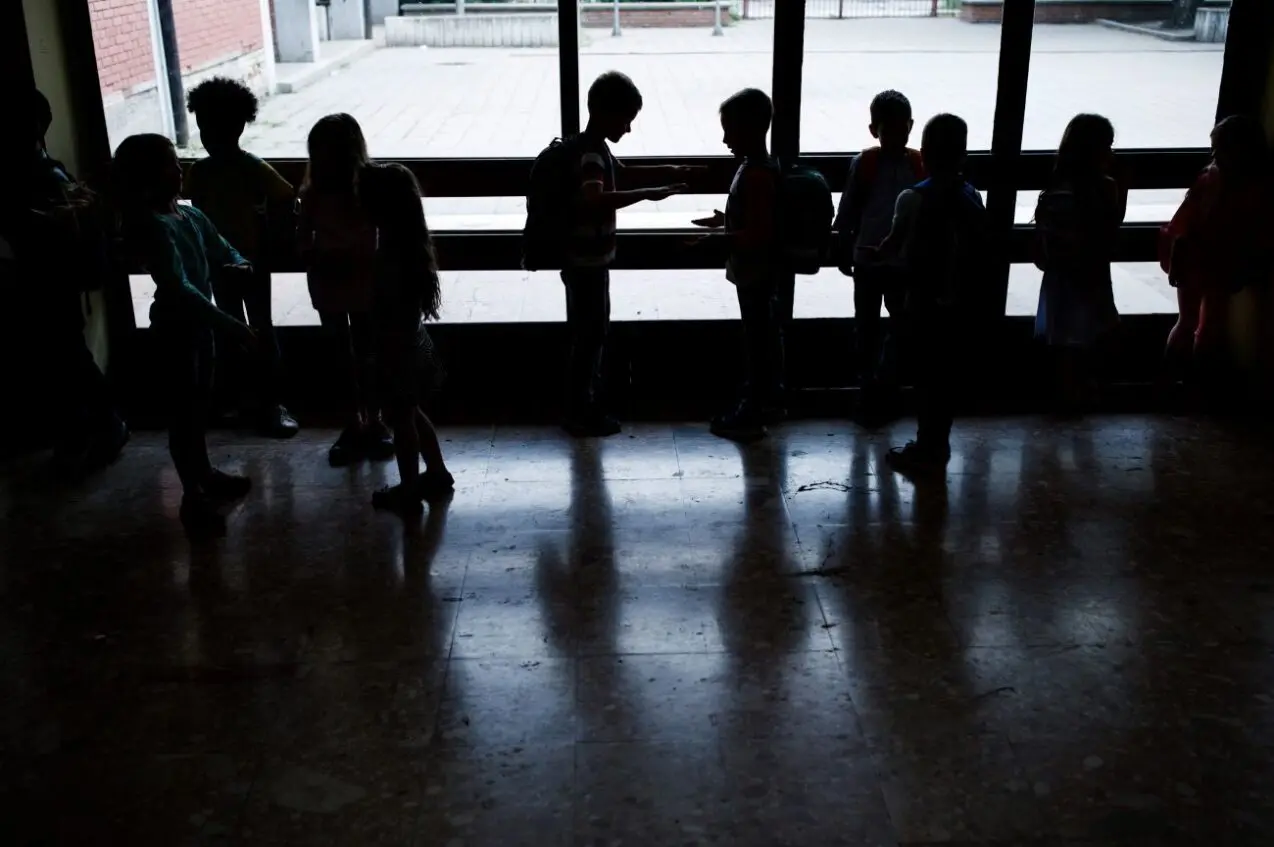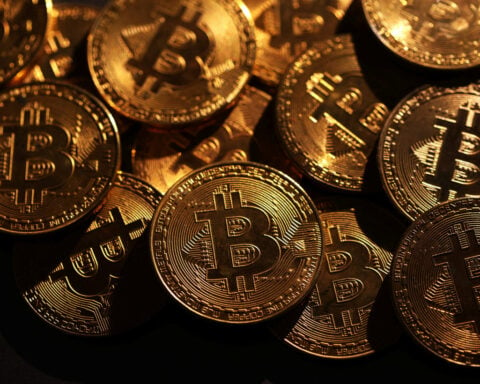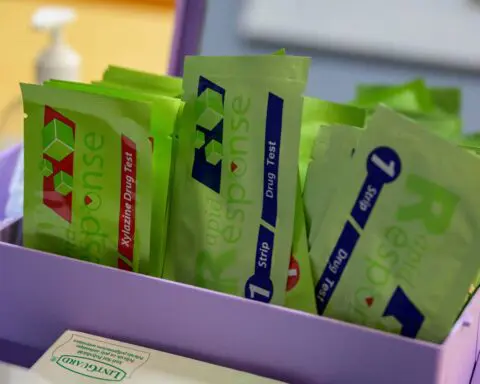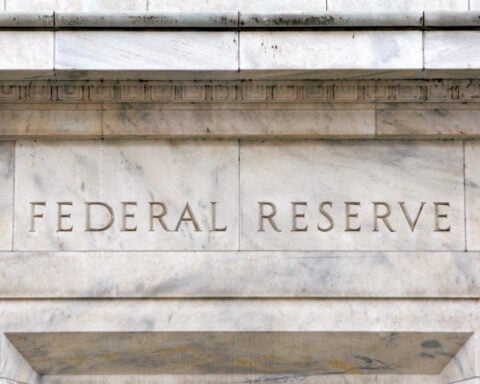Picture this - you're a teenager engaged in a common skincare ritual with friends, only to have that innocent moment weaponized against you years later. For two young men from California, that nightmare scenario became reality when they were branded racists and expelled over nothing more than an acne face mask. Their disturbing ordeal serves as a cautionary tale about the dangers of making rash judgments and the heavy costs of false accusations.
The saga began in 2017 during a high school sleepover when the boys, then just 14 years old, applied a green-tinted facial treatment as an act of solidarity with a friend battling acne. Completely unbeknownst to them, a quick selfie from that night would later be twisted into something sinister - US teens expelled for 'blackface.' Despite the obvious green hue of the mask, the elite Catholic school they attended refused to investigate properly when the picture resurfaced amid racial tensions in 2020.
In a shocking lack of due process, the minority students found themselves abruptly expelled and branded racist for simply using an over-the-counter skincare product. Their failed appeals prompted a legal battle that recently reached a climax with a multimillion-dollar judgment in their favor.
A California jury awarded the two young men $500,000 each in blackface accusation compensation, on top of reimbursing their $70,000 tuition fees. This landmark ruling exposes the severe personal and financial consequences that can arise from making false racist allegations without reviewing evidence thoroughly.
"While some may dismiss this as an overreaction to a youthful prank, the repercussions for my clients prove how damaging and potentially irreversible such unfounded character attacks can be," said the plaintiffs' attorney. "They suffered immense emotional distress, had their education devastated, and now carry a permanent associational stain all because administrators refused to carefully examine the facts."
Indeed, the very concept of blackface has its roots in the dehumanizing depictions of Black people as racist caricatures during the 19th century minstrel show era. However, the blanket application of that term to any instance of darkened skin, intentional or not, cheapens its gravitas and meaning when applied to true racist acts.
As US teens expelled for 'blackface' over using a common acne product, these young men faced extreme overreach from overzealous administrators. Their futures were nearly derailed based on flawed assumptions about the simple photograph's context and intent.
The substantial financial penalty imposed reflects how severely the justice system views such false racist accusations and lack of proper investigation. While racist conduct must be condemned, the rush to punish any perceived insensitivity has repeatedly resulted in profound injustice, as this case shows.
"My clients are relieved to have been vindicated after years of emotional turmoil, but no amount of money can repay the deep ongoing impacts," stated the attorney. "This ruling sends a clear message that drastic punishments over racist allegation lawsuits cannot occur without established intentional racism and hate."
As the nation continues its long journey towards racial healing and equity, courts are placing emphasis on adhering to due process. Upholding fundamental principles of fairness and thoroughness when adjudicating complex racial matters is pivotal to enacting meaningful progress.
Aggressive overreaction and overzealous punishment absent discretion enables abuses and obstructs the very positive change being sought. The repercussions on these US teens expelled for 'blackface' prove how false racist designations can disproportionately derail minority lives and academic careers.
While society must remain vigilant to stamp out true racist conduct and ideologies, conflating genuine hate with incidental insensitivity will only breed further injustice and distract from substantive reforms to dismantle systemic discrimination.
At its core, this case reveals the grave importance of examining nuanced situations from all perspectives before ruining reputations over perceived racial offenses. Institutional rush to punish masked the obvious benevolence and complete lack of racist intentions behind two friends using a skincare product together.
The substantial false blackface allegations payout serves as a call for greater discretion from schools, employers and the public alike before destroying lives over racial accusations. Promoting restorative investigations and understanding over knee-jerk overreaction is key to achieving meaningful racial progress.

 FDA says decongestant in many cold medicines doesn't work. So what does?
FDA says decongestant in many cold medicines doesn't work. So what does?
 Nordstrom to be acquired by Nordstrom family and a Mexican retail group for $6.25 billion
Nordstrom to be acquired by Nordstrom family and a Mexican retail group for $6.25 billion
 CNN's Lauren Fox breaks down findings of House Ethics report on Matt Gaetz
CNN's Lauren Fox breaks down findings of House Ethics report on Matt Gaetz
 Bangladesh seeks extradition of ousted leader Sheikh Hasina from India
Bangladesh seeks extradition of ousted leader Sheikh Hasina from India
 Pandas An An and Ke Ke celebrate their 1st Christmas in Hong Kong
Pandas An An and Ke Ke celebrate their 1st Christmas in Hong Kong
 Hyatt in exclusive talks with Playa Hotels on options, including buyout
Hyatt in exclusive talks with Playa Hotels on options, including buyout
 An analyst looks ahead to how the US economy might fare under Trump
An analyst looks ahead to how the US economy might fare under Trump
 Shohei Ohtani wins 3rd AP Male Athlete of the Year award, tying Michael Jordan for 1 shy of record
Shohei Ohtani wins 3rd AP Male Athlete of the Year award, tying Michael Jordan for 1 shy of record
 $1 million blackface accusation
$1 million blackface accusation






